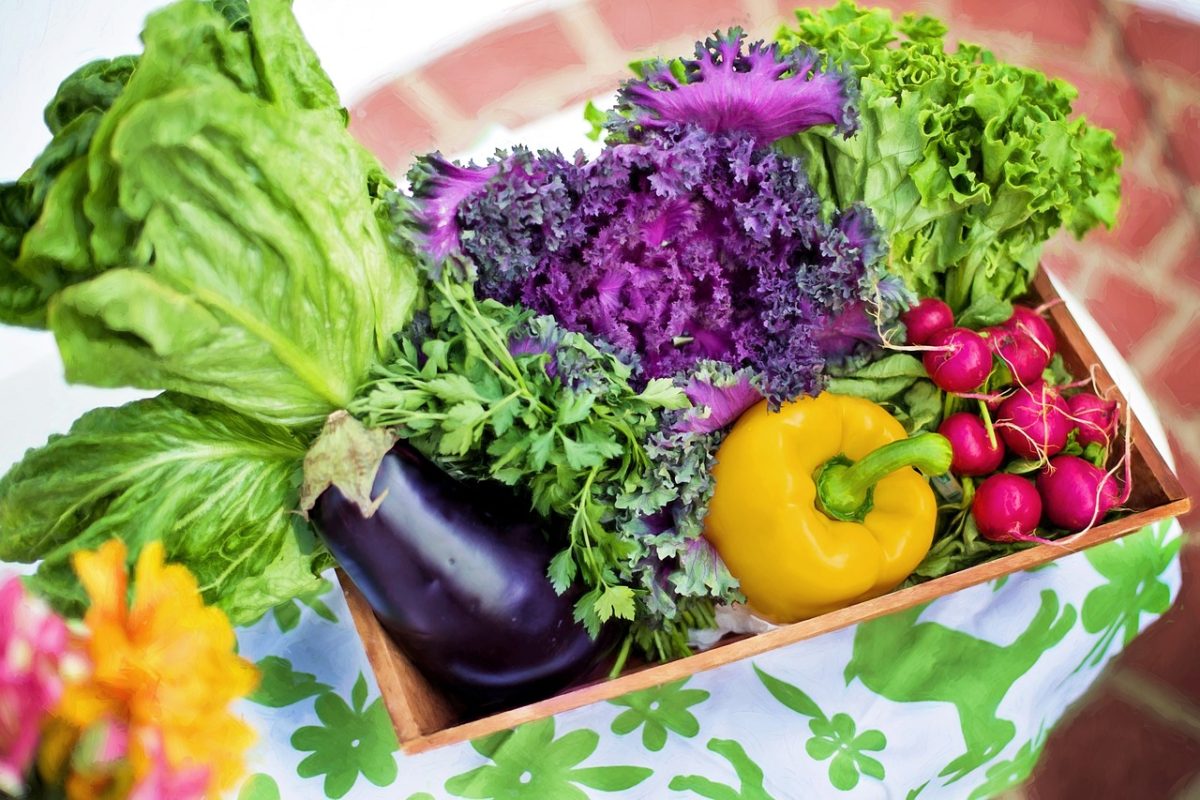
Our Food Philosophy – Part 3
Here we are, part 3 in our series on “Our Food Philosophy.” We’ve covered the importance of having a thankful attitude, no matter what you’re eating. Next, we looked at having color and diversity in the diet to ensure a broad range of nutrients. Today, we’re going to end with a discussion about food quality.
So, what’s the big deal with eating organic, non-GMO, grass-fed, free-range, and all of that?
Well, there is a lot of controversy over these issues. My purpose here is not to get too deep into the muck of the debate, nor is it to tell you what you should do. My aim is just to give you some of the general principles that we follow and why. Ok…
#3. Keep it Clean
My attitude toward the earth and creation comes from the command in Genesis where God tells Adam and Eve to …
“fill the earth and subdue it. Rule over the fish in the sea and the birds in the sky and over every living creature that moves on the ground.”
Genesis 1: 28
There is a big idea that starts in this verse that is woven through much of the Old Testament. And it’s this: one of mankind’s purposes is to cultivate the earth and be a steward of all the living creatures.
There is an expectation in Scripture that we will use our minds and creativity to solve problems and to amplify the productivity of the earth.
So, in a sense, I think it is wise and reasonable to employ our scientific knowledge to do this. This can be demonstrated in how we breed animals or plants, utilize fertilizers and irrigation systems, or how we preserve and transport food.
I believe that this is a very good thing to strive for – especially if it means more access to foods at less expensive prices.
But there are also warnings in Scripture against how far we push this.
We are NOT meant to subdue the earth to the point of its destruction.
This might be demonstrated in how we care for the land or animals.
For example, I do not think that utilizing gene-therapy to breed a heartier plan that grows more efficiently in a certain climate is bad. However, I do have an issue with modifying a plant so that you can cover it in glyphosate (Round-Up) without killing it. It might even be ok to eat the modified gene, but there is plenty of evidence that we should not be eating glyphosate (which almost ALL of us do on a daily basis).
Similarly, finding ways to maximize the productivity of animals is a good thing to do insofar as it is not unnecessarily harmful or abusive to
For example, we should not put animals in such conditions that they require constant antibiotics because of the extremely high rate of infection. Nor should they have to be put on additional chemicals because they are being fed an unnatural
So, in my opinion, it comes down to are we being good and wise stewards of the earth and its creatures?
Obviously, there are debates on where the lines should be for these things, but this is my general attitude.
As a result, in attempt to avoid excessive chemicals in our foods, we do eat mostly organic.
Just to reiterate, however, I am not of the belief that man is a blight on the face of the earth who should keep his hands off of everything.
I am absolutely in favor of exploring as many creative solutions to increase the availability of food for as many people as possible – assuming we maintain a respect for God’s creation.
So, there you have it: the simple Food Philosophy principles that we try to live by.
- Be thankful.
- More color and diversity.
- Keep it clean (as much as you can).
I’m sure I left some unanswered questions since I didn’t really get into a lot of nitty-gritty. Hopefully, this overview gives you a pretty good idea of what my particular answers might be.
Maybe one additional principle that applies to both food and life would be: most things don’t matter as much as we think they do.
Just do the basics with as clear a conscience as you can, and leave the rest to God’s grace.
If you have questions, please throw them out at me.